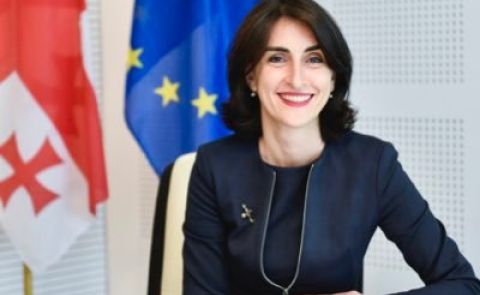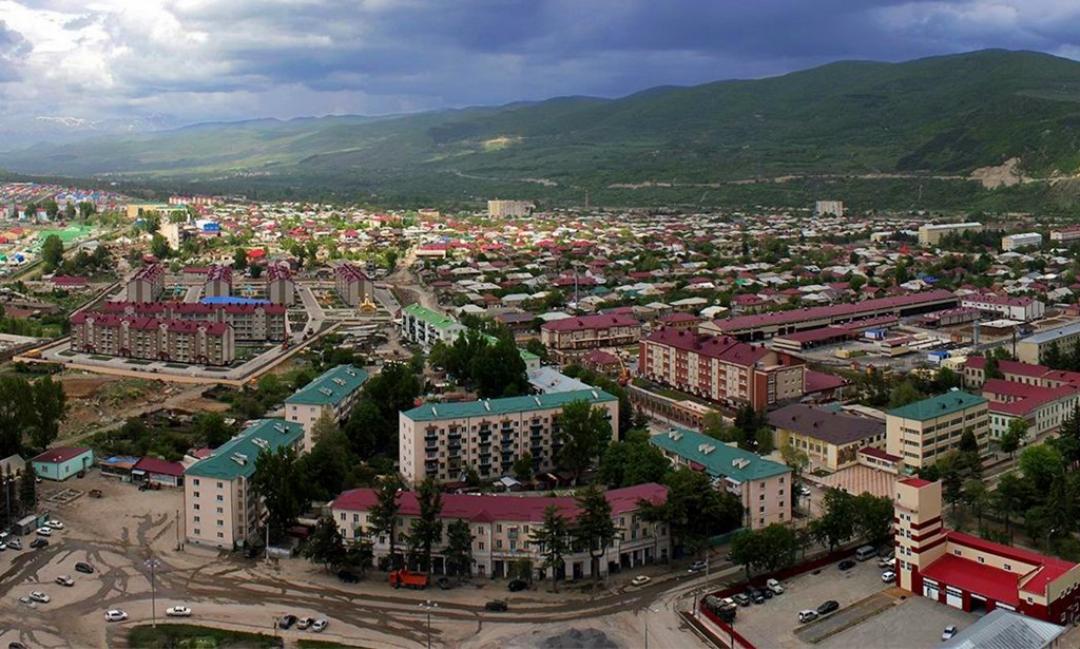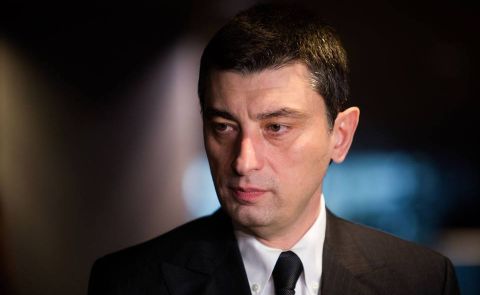
De-Facto South Ossetian Official Speaks on Georgia's Political Landscape and Relations with Russia

On October 18, Vyacheslav Gobozov, the de-facto State Advisor to the President of the separatist South Ossetia/Tskhinvali Region, said that in Georgia today, the leadership is quite pragmatic, they skillfully take advantage of the situation, but this does not mean that if the opposition United National Movement (UNM) had been in power, they would have acted differently.
"The current Georgian leadership is undoubtedly more pragmatic, less ideological than the UNM, and differs from the UNM in only one thing - it uses the situation more skillfully. For me, the surge in activity of President Salome Zourabichvili is, to some extent, staged. I think this is one of the elements of the game of the current leadership of Georgia, aimed at fragmenting the opposing electorate. There is no pro-Russian electorate in Georgia on a scale that would allow it to be taken into account. In Georgia, there is a hard-liner anti-Russian electorate, and there is a moderate anti-Russian electorate, representatives of which are the current rulers who do not like Russia but understand that it is here and we need to trade with it and, if possible, get its help in restoring the 'territorial integrity,'" the de-facto official added.
Gobozov noted, "That is, the current leadership of Georgia is as pro-Western as everyone else. They are thinking about breaking up the electorate of opposing radicals. And to show the West that they are not completely pro-Russian, their situation is simply such that they cannot open a second front because Georgia will end there. Even if it conducts five air defense forces, Russia will always have enough strength to fight Georgia. Tbilisi understands this; the current authorities are less romantic than the pink revolutionaries. Zourabichvili, with her high status, is very suitable for their goal; she is the president and, at the same time, has nominal powers. And today, Zourabichvili, whom they barely elected to the presidency, is pumping up the political weight so that if tomorrow Zourabichvili declares that she is forming her own political force, then many will vote for her because she is already a brighter politician than those who head the UNM today."
"Georgia's political course will be determined by how Russia's military defense will proceed in Ukraine. And Georgia can decide to open a second front only if it sees that Russia has lost in Ukraine, which is unrealistic," Gobozov said. "However, this does not mean South Ossetia should sit idly by and not pay attention to Georgia," he added. "It is already hurting us that after 2008, we stopped considering the Georgian factor. On the contrary, we need to very seriously study everything that happens in the neighboring country. This is our threat! When you live in an era of geopolitical turbulence, you need to take care of your safety. We need to reconsider our views on our military development, we need an army, and we need that minimum of military capabilities that will allow us to ensure our security at some level. You can’t put everything on Russia. The state must first of all take care of its own security; only in this situation can it receive help from other states. Russia can say: if you are not interested in solving your problems yourself, why should we solve them for you? If Pashinyan surrendered Karabakh, then how will Russia defend it, on what basis?" Gobozov emphasized.
Moreover, the separatist official said that joining the Union State of Russia and Belarus solves the problems of political and military security of South Ossetia. In his opinion, for South Ossetia, joining the Union State is much more realistic than directly joining Russia.
"We talked about the Union State back in 2008; the question of joining the Union State was raised immediately after Russia recognized the independence of South Ossetia and Abkhazia. Very influential Russian political figures said that the entry of the [de-facto] Republic of South Ossetia and Abkhazia into the union state is a matter of several months. Our representatives participated as observers in the work of the Union State structures. Yes, then, considering Minsk's position, cooperation was curtailed. Today, the Abkhazians have given a new impetus to this process. But this is our topic, too," Gobozov said.
He recalled that South Ossetia has never abandoned the issue of joining the Union State; this is one of the unconditional foreign policy priorities of Tskhinvali. "Moreover - this is my opinion, and I have never hidden it - this step is much more realistic than direct entry into Russia. It seems to me that joining the Union State, in principle, solves the problems of political and military security of South Ossetia and provides an additional opportunity for the development of our statehood," Gobozov said.
He added, "Of course, this issue can only be resolved after Belarus recognizes the independence of South Ossetia. But that doesn't mean we can't talk about it. Today, we need to talk and work in this direction. If connections with the Belarusian leadership are quite limited, then you can interact with public opinion, public organizations, and the media at the level of the expert community. And our Russian colleagues can help us in intensifying cooperation. Of course, it is necessary to coordinate actions with Abkhazia because this issue, I think, will be resolved simultaneously for South Ossetia and Abkhazia. How achievable the result depends not only on the geopolitical situation but also on how actively we work at all levels — from official to public organizations."
"We need to understand what trump cards we have clearly. We have them - not only in the military but also in other aspects, but we need to analyze this. In any case, intensifying work in this direction will give rise to many joint projects with the Russian and Belarusian sides, which is very useful for strengthening our statehood. The Armenian example has shown that if a state is isolated in its internal contradictions and sees the struggle of different political forces as the basis of its political processes, forgetting about the common state, then this does not end well. Activity in foreign policy is the alpha and omega for us if we want to build our own state and not become isolated in our internal contradictions," Gobozov concluded.
See Also


Pashinyan: “We Are Not Seeking to End Russian Troop Presence in Armenia”

Russia Begins 24/7 Radiation Monitoring in Dagestan After Iranian Nuclear Incident

How Do Caucasus States React to Israel-Iran War?

Weekly Brief on Military Situation in the South Caucasus (9–15 June 2025)

